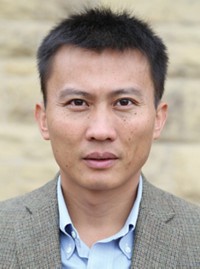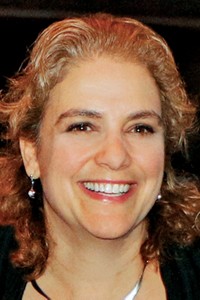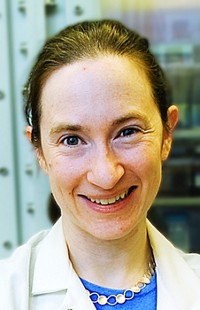Advertisement
Grab your lab coat. Let's get started
Welcome!
Welcome!
Create an account below to get 6 C&EN articles per month, receive newsletters and more - all free.
It seems this is your first time logging in online. Please enter the following information to continue.
As an ACS member you automatically get access to this site. All we need is few more details to create your reading experience.
Not you? Sign in with a different account.
Not you? Sign in with a different account.
ERROR 1
ERROR 1
ERROR 2
ERROR 2
ERROR 2
ERROR 2
ERROR 2
Password and Confirm password must match.
If you have an ACS member number, please enter it here so we can link this account to your membership. (optional)
ERROR 2
ACS values your privacy. By submitting your information, you are gaining access to C&EN and subscribing to our weekly newsletter. We use the information you provide to make your reading experience better, and we will never sell your data to third party members.
Biological Chemistry
Chemist Nets ‘Genius Grant’
Awards: New crop of MacArthur fellows includes palladium catalysis innovator
by Carmen Drahl
September 20, 2011

Organometallic chemist Melanie S. Sanford is among this year’s 22 new MacArthur fellows named by the John D. & Catherine T. MacArthur Foundation. Sanford, of the University of Michigan, Ann Arbor, and the other fellows will each receive $500,000 in unrestricted funds over the next five years, an award popularly dubbed the “genius grant.”
Sanford’s team is best known for developing ways to transform the ubiquitous, but often inert, carbon-hydrogen bond into other functional groups. What makes her team’s methods possible is high-oxidation-state palladium, a form that once was rarely used by chemists. Another of her group’s calling cards is the in-depth study of each transformation’s mechanism.
In recent years, Sanford’s lab has turned its attention to discovering catalysts that can mediate new, less costly and less energy-intensive routes to methanol and phenol, both important chemical feedstocks. Among her long-term goals are developing sequences of catalysts that might convert carbon dioxide emissions back into fuel in the form of methanol.
“I was stunned” to receive a phone call from the foundation, Sanford says. “It was completely out of the blue.”
Sanford has since moved from the initial surprise to figuring out how best to take advantage of the award. “It’s exciting and challenging in a way—most other money is earmarked for specific things,” she says. “I’m interested in the possibility of starting some totally new projects—things I’ve been thinking about but where I haven’t had time to get preliminary results.”
Since 1981, 850 people have been named MacArthur fellows. Sanford is one of nine scientists to be named a fellow this year and is thrilled at the opportunity the award provides to share her enthusiasm for her work with new audiences. “I think it’s important for people to recognize how much catalysis and organometallic chemistry—things that can seem esoteric when people first hear about them—have contributed to society,” she says. “Anything that gets just a few more people interested in science, and in organometallic chemistry in particular, is just fantastic.”





Join the conversation
Contact the reporter
Submit a Letter to the Editor for publication
Engage with us on Twitter